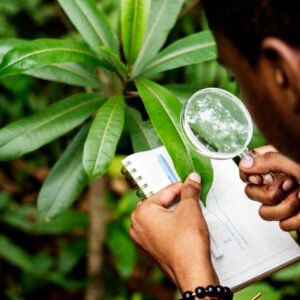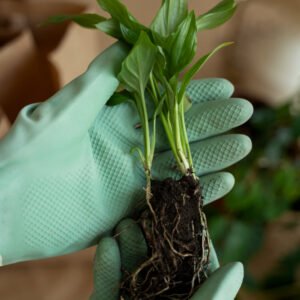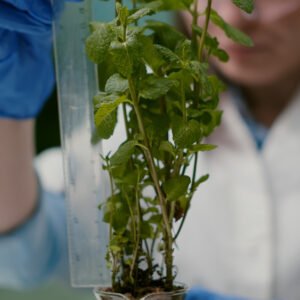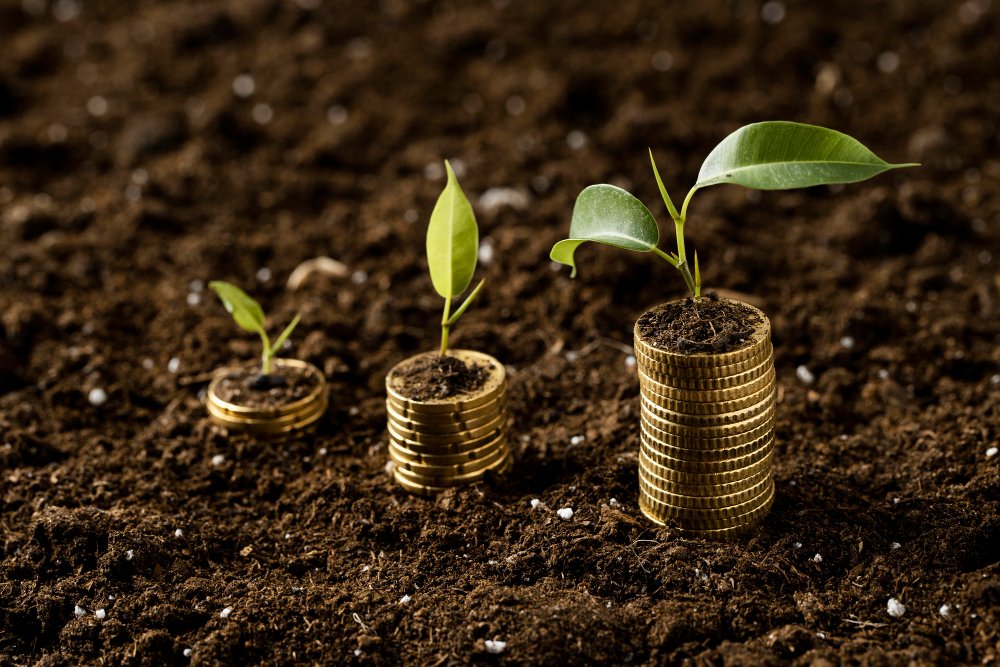Economic Botany examines the economic importance of plants and their products. Students will study a wide range of plants that are essential to human life, including food crops, medicinal herbs, fiber plants, and timber. The course covers the cultivation, processing, and commercial use of these plants, as well as their role in different cultures and economies. Case studies and field visits to farms, botanical gardens, and industries will provide real-world insights into the economic value of plants.
Economic Botany
Related products
-
 Add to cart
Add to cartPlant Ecology focuses on the interactions between plants and their environment. Students will examine plant communities, ecosystems, and the factors that influence plant distribution and abundance. Topics include plant adaptation to different environments, competition, symbiosis, and the impact of climate change on plant ecosystems. Fieldwork and ecological experiments will provide hands-on experience in studying plant-environment…
-
 Add to cart
Add to cartThis course offers a comprehensive introduction to the field of plant botany. Students will explore the fundamental principles of plant biology, including plant structure, function, growth, and reproduction. Key topics include the major plant groups (algae, bryophytes, pteridophytes, gymnosperms, and angiosperms), plant morphology, and the basics of plant taxonomy. The course is designed for beginners…
-
 Add to cart
Add to cartEthnobotany explores the relationships between people and plants across different cultures. Students will study how plants are used for food, medicine, shelter, clothing, and rituals. The course covers traditional knowledge systems, plant domestication, and the role of plants in cultural heritage. Fieldwork and ethnographic research methods will allow students to document and analyze plant uses…
-
 Add to cart
Add to cartIn this course, students will explore the internal structure of plants at the cellular, tissue, and organ levels. Topics include the study of plant cells, tissues (meristematic, ground, vascular, and dermal tissues), and the anatomy of roots, stems, leaves, and flowers. Emphasis is placed on microscopic techniques and laboratory work, allowing students to observe and…
-
 Add to cart
Add to cartThis course covers the principles of plant genetics and the techniques used in plant breeding to improve crop varieties. Students will learn about genetic inheritance, DNA structure and function, gene expression, and genetic variation. The course also explores traditional and modern plant breeding methods, including hybridization, mutation breeding, molecular markers, and genetic engineering. Case studies…


